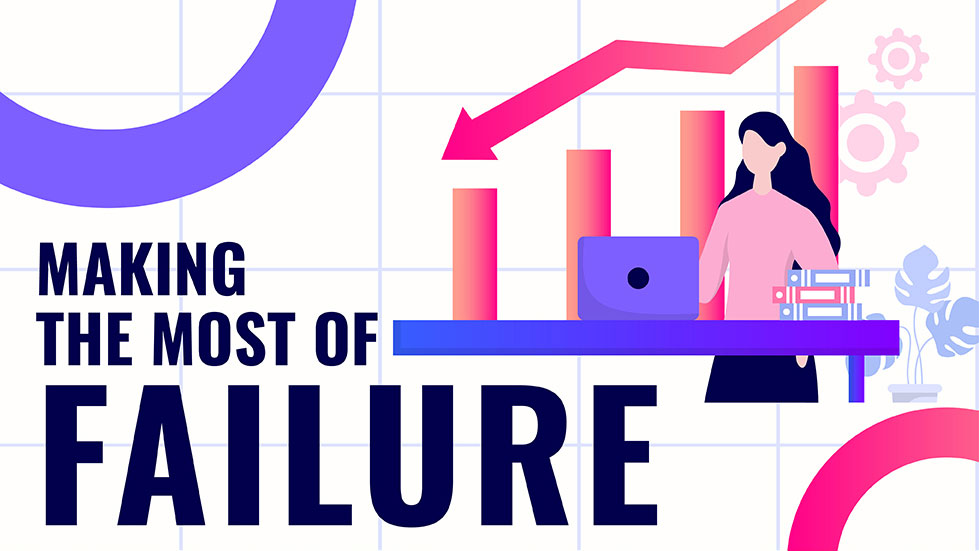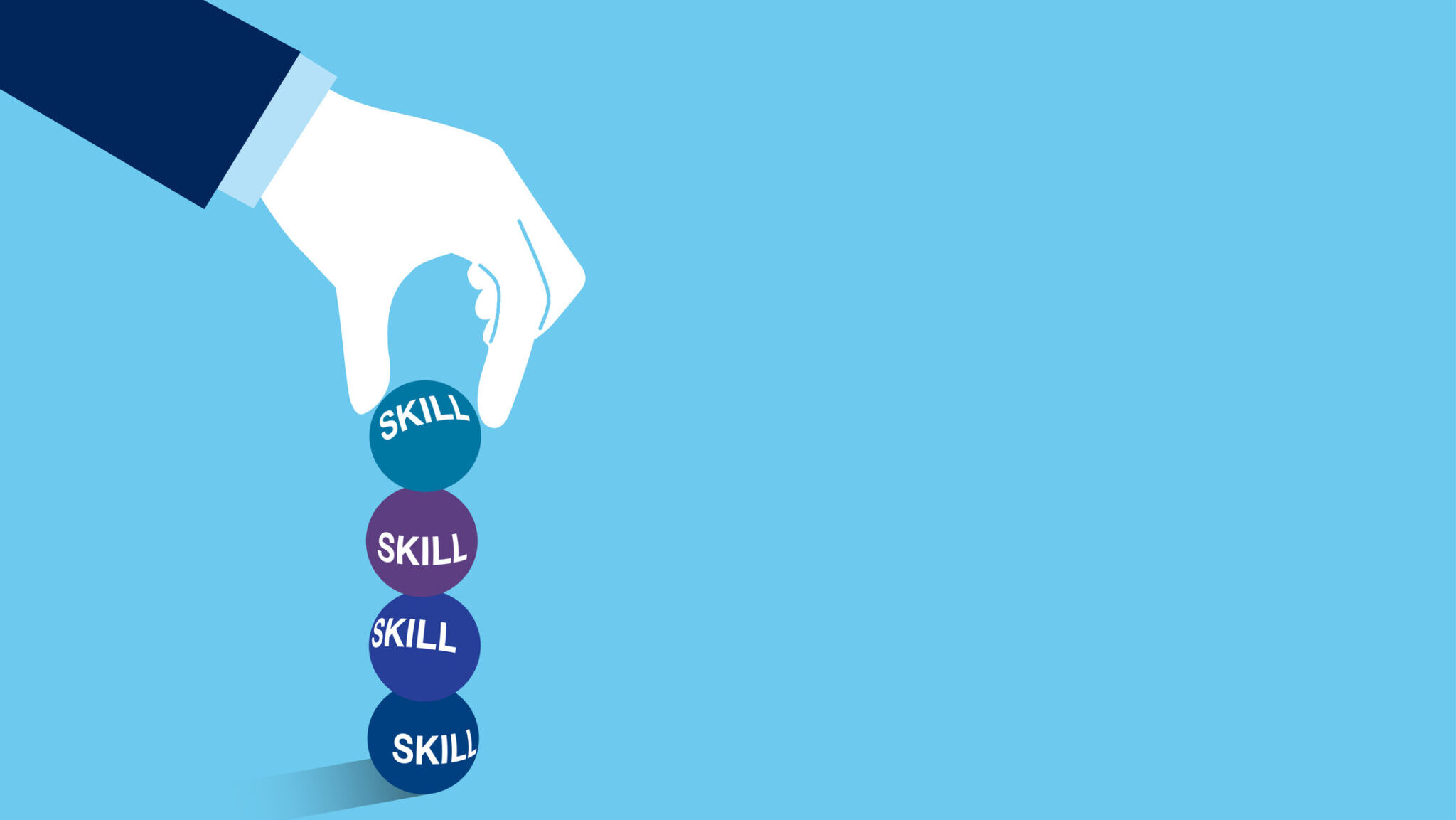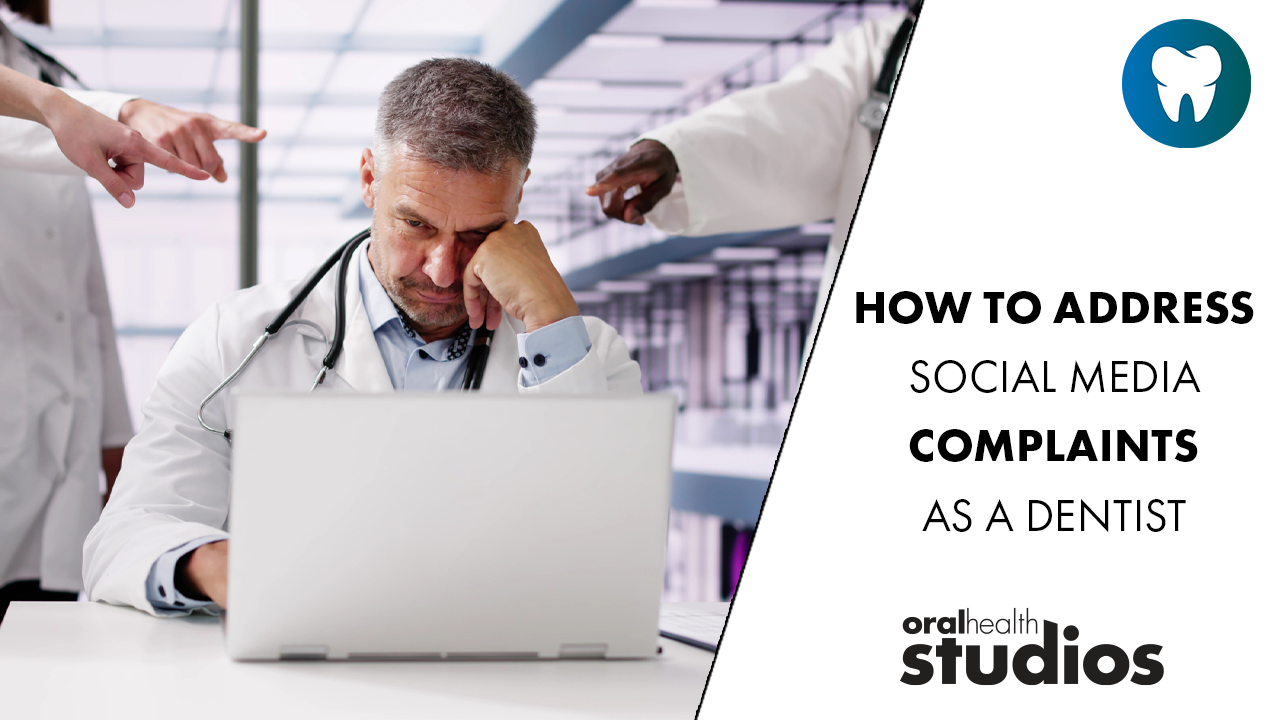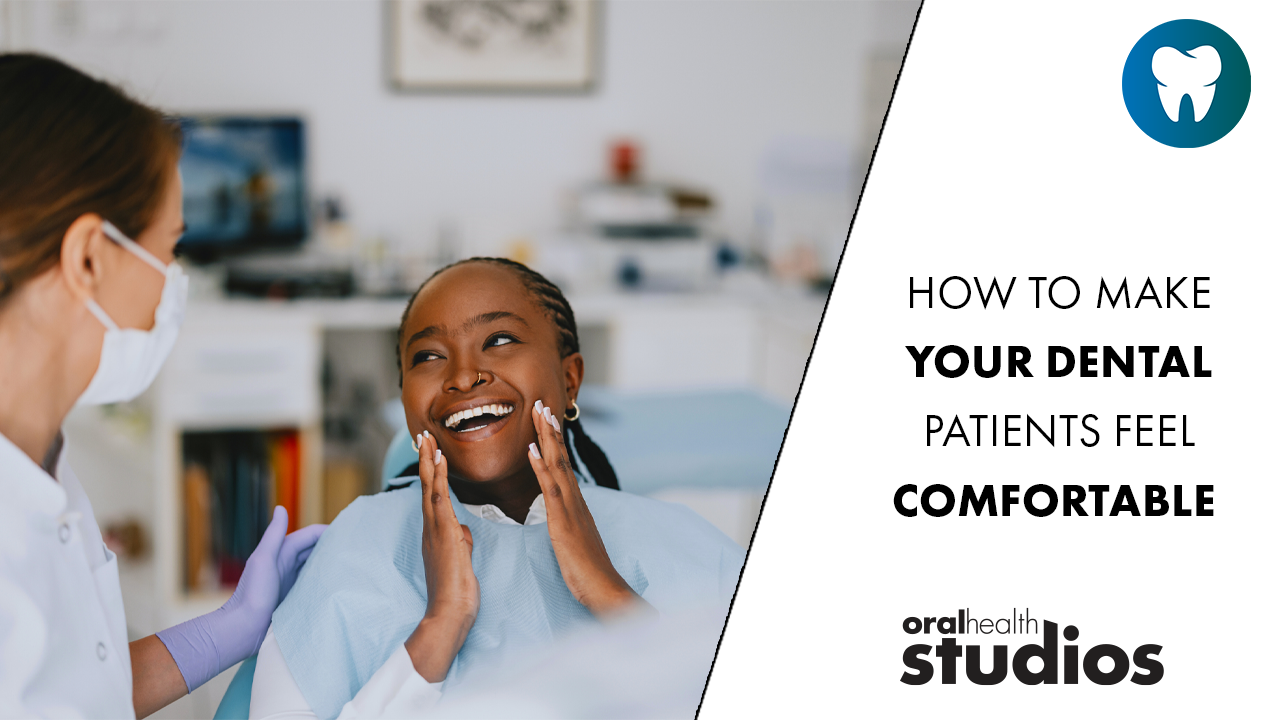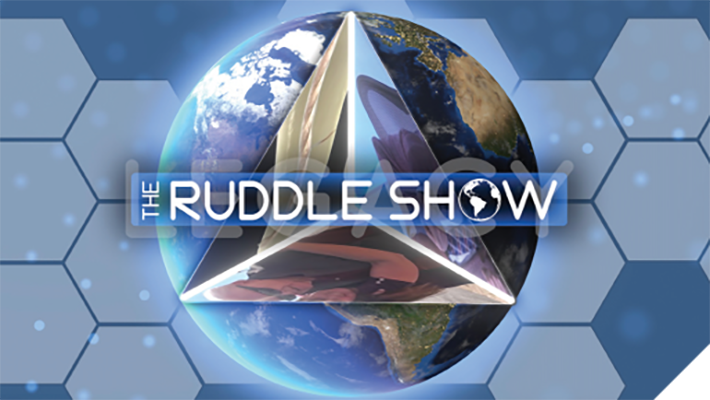
The internet has made the world smaller, connecting us in ways unimaginable just a decade ago, and this has served to forever change the endodontic educational model. Specifically, online endodontic education takes on a variety of forms, such as online courses, webinars, podcasts, and YouTube videos. Additionally, online education is offered on discussion forums and social media platforms, connecting students of endodontics with distant mentors and the latest research or clinical information. Although online education has the potential to disseminate misinformation, as there is very little regulation as to copyright or truth, there also exists online education that is representative of some of the best information that endodontics has to offer.
The challenge for so many dentists is whom can they trust to help them get the educational experience that meets, or better, exceeds their expectations of learning, improving their clinical skills, and increasing the quality of care they provide their patients. One very innovative and unique endodontic educational model that emerged in 2020 is The Ruddle Show (www.theruddleshow.com), designed to educate, inspire, and entertain (Fig. 1). The show covers a variety of topics, including all aspects of conventional treatment, as well as nonsurgical and surgical retreatment. Specific shows highlight new technologies, while others explore the most heated controversies of our day. The show also looks at the business of endodontics, with emphasis on leadership, ownership, management, and marketing. The Ruddle Show features leading researchers, clinicians, and educators and further focuses on unlocking the secrets to success, both on a professional and personal level.
Fig. 1
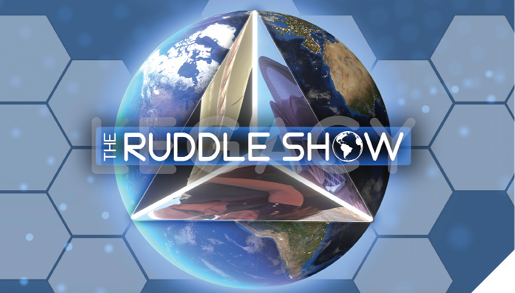
The following Q&A features Dr. Cliff Ruddle discussing The Ruddle Show, how the idea for it emerged, what the show has become, and its impact on clinicians worldwide. The questions are posed by Lisette, Cliff’s daughter and co-host on The Ruddle Show.
So, what motivated the creation of The Ruddle Show?
The inspiration behind The Ruddle Show stemmed from a desire to stay connected with the dental community and continue contributing meaningfully. As I approached a milestone in my career, spanning 5+ decades in endodontics, the reality of reducing my international lectures and travels became apparent; yet, the passion to mentor, educate, and share insights with dentists worldwide remained strong. The Ruddle Show emerged as a platform to fulfill this ongoing commitment to endodontic education, leveraging the power of media to bridge distances and connect with audiences globally.
Can you elaborate on the show’s guiding philosophy?
Our guiding philosophy centers around a model we liken to a tetrahedron (or triangular pyramid), with each of the 4 faces representing a core aspect of the show: education, community, innovation, and lifestyle. These elements represent different aspects of a clinician’s professional journey, but can also be part of any person’s life, representing the complete individual. This structure ensures a global approach to content, reflecting not only the technical and clinical aspects of endodontics, but also the human factor. Education is at the heart of what we do, aiming not just to disseminate knowledge, but also to inspire creativity, give a fresh perspective, and challenge our audience to question and think critically. Most importantly, the goal is to accomplish this in a way that is fun and entertaining.
How has the show evolved since its launch at the beginning of 2020?
Since its inception, The Ruddle Show has undergone significant evolution, both in format and content. Initially conceived by me as a more traditional lecture series, my team quickly adjusted the idea to incorporate a broader range of topics, including innovations in endodontics, community discussions, and even aspects of our personal lives…ie. more variety, as in a variety show. To be honest, this really pushed me out of my comfort zone, but trust in my team paid off and I really like how the show has evolved. I should also mention that the arrival of Covid in our first season further forced us to adapt, introducing us to remote interviewing (Zoom) and expanding our reach. However, this period of forced innovation has allowed us to maintain and even deepen our connection with our international audience.
How do you approach the balance between education and entertainment on the show?
Balancing education and entertainment is an art we continually refine. Our goal is to make learning engaging and enjoyable, breaking the monotony often associated with traditional educational formats. So, we generally have a short Opener and Close that are often more fun entertainment-focused, and then 2 body segments that are more educationally-driven (Fig. 2). Usually, one of these main segments is “Ruddle at the Board” lecturing on an endodontic topic. Those lectures are 25-30 minutes, and sometimes longer to the dismay of my team! This is the hardest lecture to build because you need to be concise, yet complete, and then you also want to be an engaging speaker talking about an interesting topic. I’ve gotten better at picking my topics so I can be most impactful and I have gotten better at building lectures and making them engaging by including a variety of visuals. For example, I incorporate some graphics, some animations, some movies, some x-rays; then I add a little storytelling…and you start to see that these little mini lectures can be quite engaging, packed with information, and fun (Fig. 3).
Fig. 2
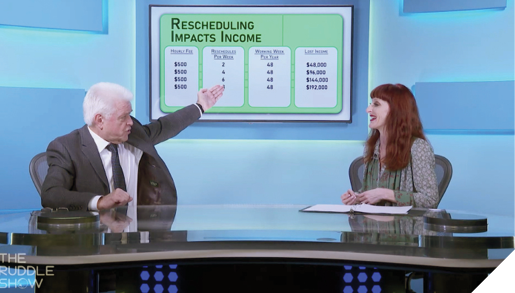
Fig. 3
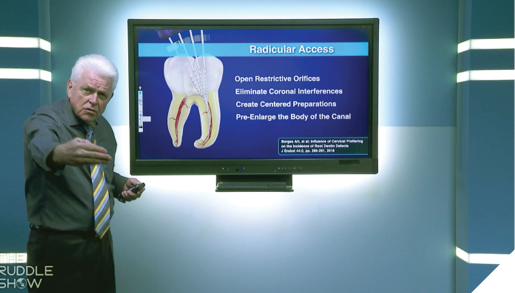
Being a teacher first and foremost, my biggest challenge of all is I don’t assume anybody knows anything; this means I tend to want to build a foundation and provide context, much like I do when I give a 4-hour lecture, and there just isn’t time for this. However, my team has creatively navigated this issue by creating “Show Notes.” Each episode contains a designated section, called Show Notes, where referenced links can be found, along with additional educational content to read and/or watch for those who want “more.” Finally, full transcripts are available for each episode. These transcripts are very useful for our international viewers who might struggle with understanding English.
Ok, so you mentioned that there are 2 main segments in each episode of The Ruddle Show, one being a clinical lecture. What generally happens in the other main segment?
The other main segment of the show is usually you (Lisette) and me at the desk discussing other intriguing topics related to endodontics and dentistry, in general. For example, we talk about new technology, controversies, office culture, endodontic articles, ethical issues, and breaking news in the dental community. We incorporate stories, humor, and real-life examples to illustrate complex concepts, making them more relatable; we include legacy discussions, hypothetical scenarios, future directions, and even Q&As. The show is definitely not about trying to get our viewers to think like Ruddle; rather, we try to have a dialogue, explore all perspectives, and our hope is that the audience will use critical thinking to further their own understanding of a topic. This approach not only enhances learning, but also builds a connection with our audience, making each episode an experience rather than just a lecture.
How do you feel about the variety of topics covered on The Ruddle Show? Are there any types of segments that you find particularly riveting?
Well, as you can imagine, I am really excited about artificial intelligence (AI) and its potential applications in virtually all areas of dentistry. AI, algorithms, machine learning, neural networks, microrobots…all that technology really fascinates me the more I learn about it. We have done segments on AI detecting caries and microcracks, predicting tooth loss and peri-implantitis, and related to practice management.
We also have a recurring segment called “Knowing the Difference,” inspired by a quote by Mme. de Staël: “Wit consists of knowing the resemblance of things that differ, and the difference of things that are alike.” For example, with this concept in mind, we have discussed cosmetic vs. esthetic dentistry, various reagents and their properties, compared lasers, and regarding making decisions, like to treat vs. refer or to remove the crown vs. work through it. This is a fun segment because we really delve deep into the various nuances.
Additionally, we occasionally do segments out of the studio and I really enjoy those. It’s a change of scenery and adds a fresh perspective to the content we’re providing, making it not just educational, but also engaging in a different way (Fig. 4). However, venturing out of the studio certainly presents a whole new world of challenges. For example, sound becomes problematic for my team. Further, there are external circumstances we cannot control; when we wanted to fly a kite to celebrate the launch of ProTaper Ultimate, there was no wind; and then there were the inquisitive bystanders. These moments test us and require a sense of humor, but also bring a sense of realism to our content.
Fig. 4
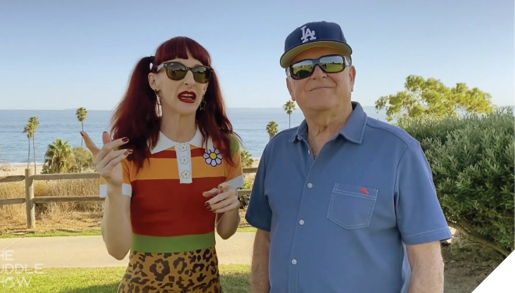
Lastly, I really have fun with some of our Closes. In “Ruddle Rant,” I get to rant about stuff in the endodontic world that really annoys me (Fig. 5). I enjoy having Phyllis, my wife for nearly 57 years and the show Facilitator, join for “What Phyllis Thinks.” “Aesop’s Fables & Endodontics” really strikes a different chord with me. These seemingly simple stories about animals are so much more and it is really awesome to connect these lessons to dentistry.
Fig. 5
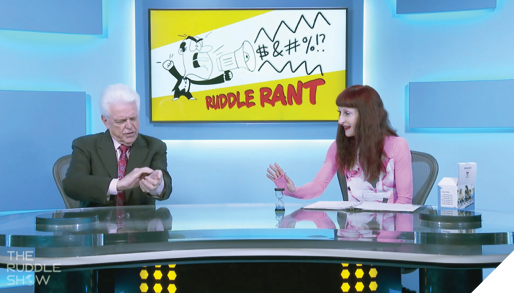
What role does community play on The Ruddle Show?
Community is a key component of The Ruddle Show. It transcends the simple sharing of knowledge, fostering a space where dentists from diverse backgrounds can connect and share experiences. We delve into controversies, highlight innovations, and celebrate achievements within the dental community. This aspect of the show is about creating a sense of belonging and support. Having guests is always really fun because the focus is not on me. We have had some really special guests from all over the world, all experts in their respective fields. Some of them have been lifelong friends and some I just met. We have Zoomed with guests, had guests submit full presentations, and have had guest clinicians weigh in on a certain topic for just a couple minutes. We also address community “events”…dental meetings, trending topics, dental discussion forums, etc.
How has hosting The Ruddle Show impacted you personally, especially in terms of discussing current topics and content delivery?
Hosting The Ruddle Show has been a transformative experience for me. It’s not just about sharing knowledge; it’s about continuous learning and adapting, and understanding I do not need to be an authority on every topic to have a dialog. Engaging with current topics and speaking directly to our audience, without the crutch of a teleprompter, has pushed me to be more spontaneous. I believe this approach has deepened our connection with viewers, contributing to a conversation that extends beyond the confines of endodontics. It’s a journey of growth, learning, and embracing the unknown.
Further, it has been a remarkable journey to embark on with my family. You are my Co-Host, our Producer is my other daughter, Lori, and Phyllis has been the wind beneath my wings for my entire professional career. It is also pretty special for me to be able to work with my grandson, Isaac, who is our cameraman, editor, and tech guy. I get a lot of energy from him and he helps us to stay relevant and tapped into the youth’s perspective. Our journey toward mastering The Ruddle Show is far from complete, but it’s been incredibly rewarding so far. The countless hours behind this endeavor reflect our dedication to improving and providing value to clinicians, worldwide. Of course, it isn’t always smooth sailing, but with perseverance, creativity, and patience, I believe we have all experienced significant personal and professional growth.
We have seen the evolution of The Ruddle Show over the last 4 years. Looking forward, what can the audience expect?
It will be an exhilarating year for the The Ruddle Show. Season 11 is now in full swing, and we will be finishing this year with our 100th episode; as such, it is appropriately named, “SEASON 11, ROAD TO 100.” Episodes will be released once a month, while incorporating a couple separate Ruddle Show Podcasts each month (Fig. 6). Additionally, I have recently spent countless hours recording a lecture continuum on all aspects of endodontics, and these lectures will be released periodically throughout the year as part of our new Ruddle+ platform. Stay tuned for more information forthcoming on all this new content. It’s a reflection of our commitment to innovation, quality, and providing new learning opportunities.
Fig. 6
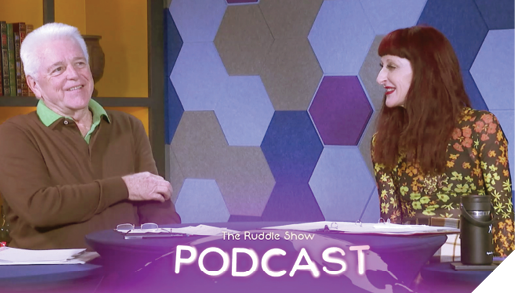
Ultimately, my intention is to help dentists create success by design through elevated and entertaining education. G.V. Black, the father of American dentistry, implored, “No professional has any right other than to be a continuous student for life.” Bottom line, The Ruddle Show will not only entertain you, but also improve your performance, move you ever closer toward your full potential, and make endodontics fun.
The Ruddle Show is currently available to watch at www.theruddleshow.com. Check it out! 
Oral Health welcomes this original article.
About the Author

Clifford J. Ruddle is the founder and director of Advanced Endodontics (www.endoruddle.com), an international educational source website for endodontics. He is an Assistant Professor of Graduate Endodontics at Loma Linda University, an Associate Clinical Professor at the University of California, and an Adjunct Assistant Professor of Endodontics at the University of the Pacific School of Dentistry. As an inventor, Dr. Ruddle has designed and developed several instruments and devices that are widely used internationally. He is well known for providing endodontic education through his teachings, clinical articles, multimedia products, webinars, and online presence.







